There's more to social etiquette than saying "thanks," "please," and holding open the elevator door for others. For example, do you remember when your mother used to tell you to never put your elbows on the dining table?
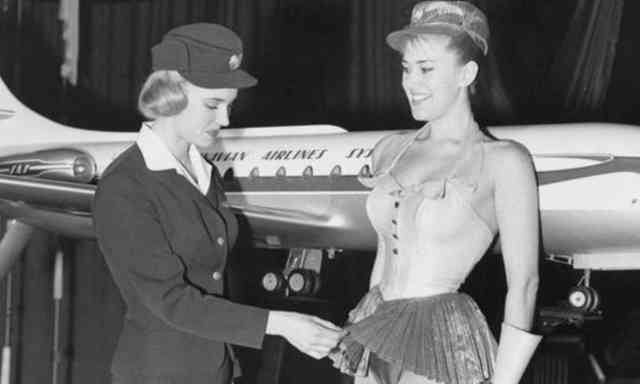
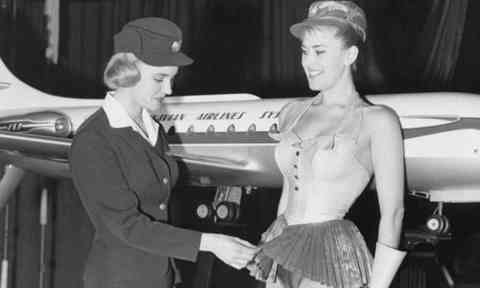
While some etiquette rules have survived the passage of time, these bits of vintage etiquette advice sound totally ludicrous today, but they were completely normal back in the day.
Hands Had Their Own Etiquette Purposes
In the 1960s, the right hand was used for social purposes such as a pat on the back or to shake someone’s hand.
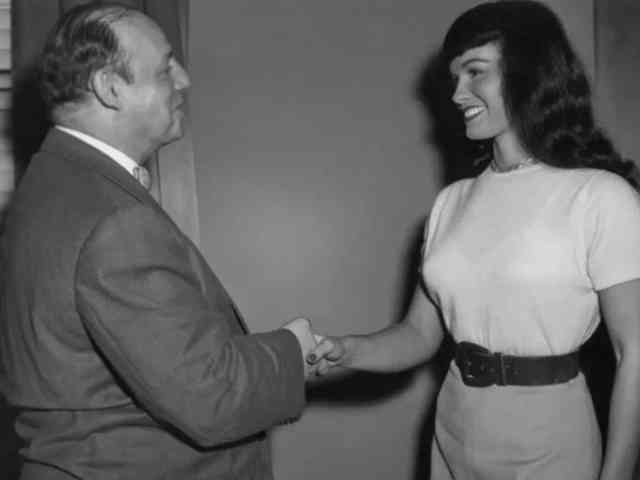
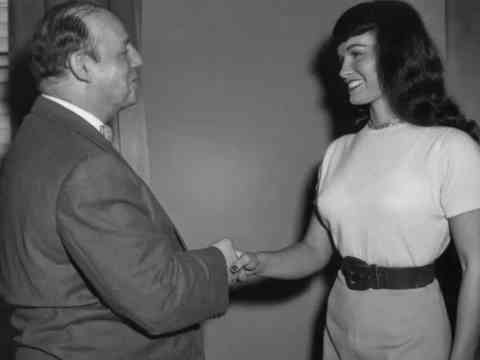
But if you needed to cover your mouth to cough or to hold a drink, you had to use your left hand.
You Couldn’t Boast About Your Fancy New Stove
It was considered impolite to boast about the lavish things you owned at home.
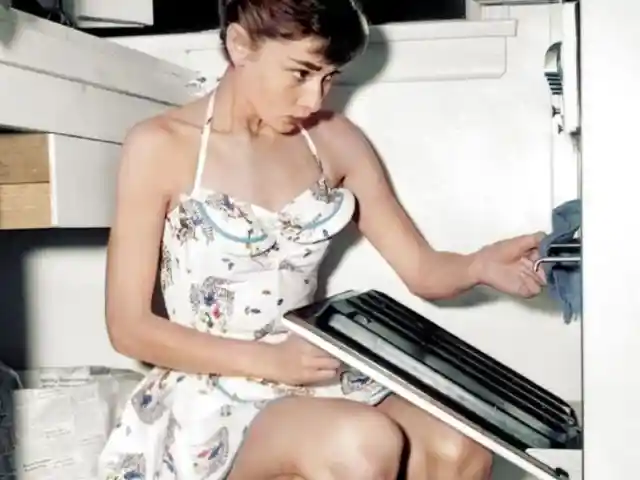
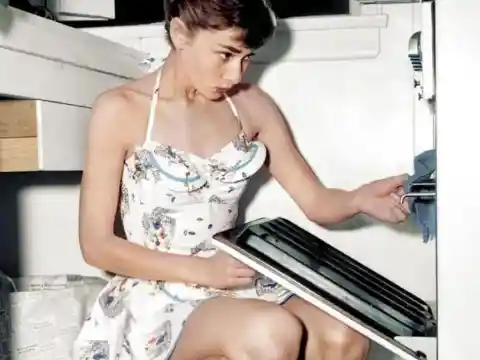
This meant that if you bought yourself an expensive piece of furniture or a brand-new stove, you weren’t really allowed to talk about it with your friends or neighbors.
You Couldn’t Go Out in Public With the Opposite Gender
If you were a woman, you couldn’t go out with a man in public around 1918, especially if it was to a tea room or a restaurant.
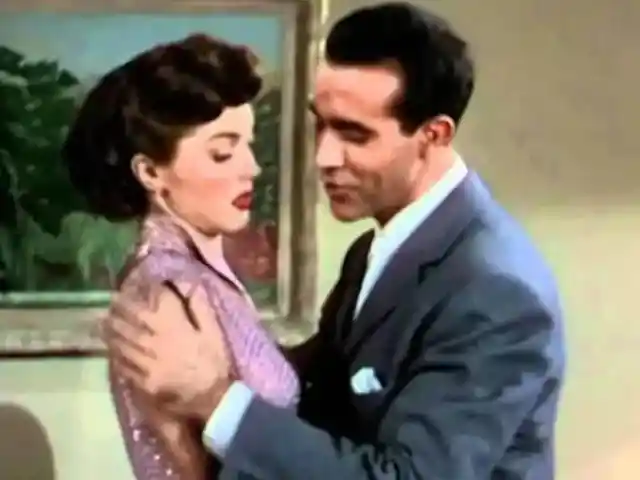
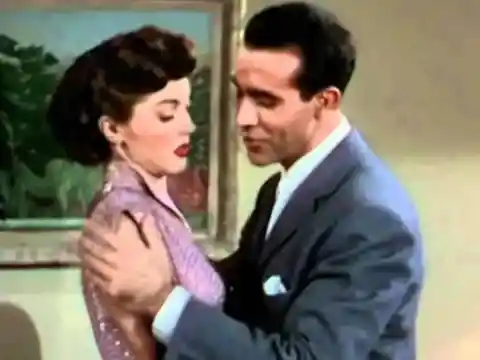
Doing so would ruin your reputation in the eyes of what was deemed a prim and proper society.
Kids Had to Go to Charm School
During the 1960s, parents sent their daughters to charm schools so they could learn about exercise and dieting, voice and speech, modeling, skincare and grooming, make-up, and fashion.
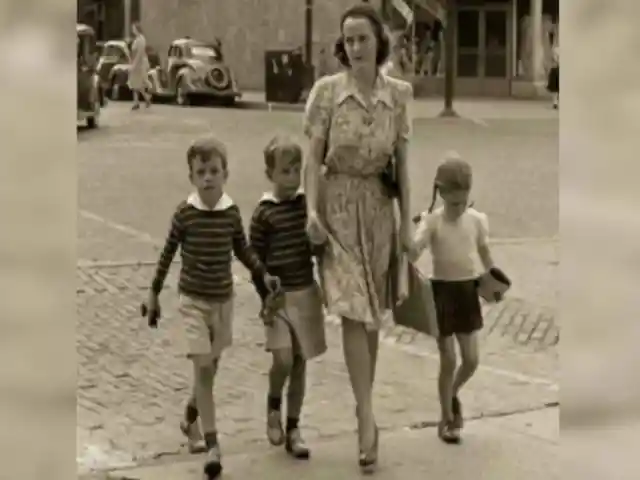
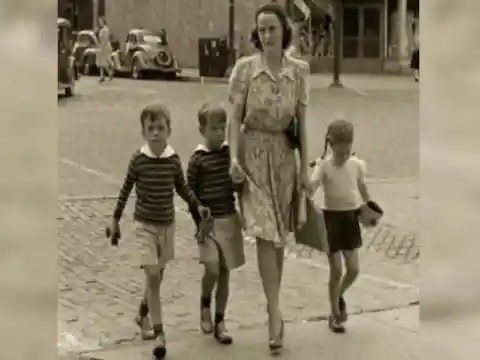
Now women can get these insights for free on YouTube or from social media influencers on Instagram.
Women Had to Wear Their Hair Up
In the 1880s, women had to wear their hair up all the time until it was time for bed.
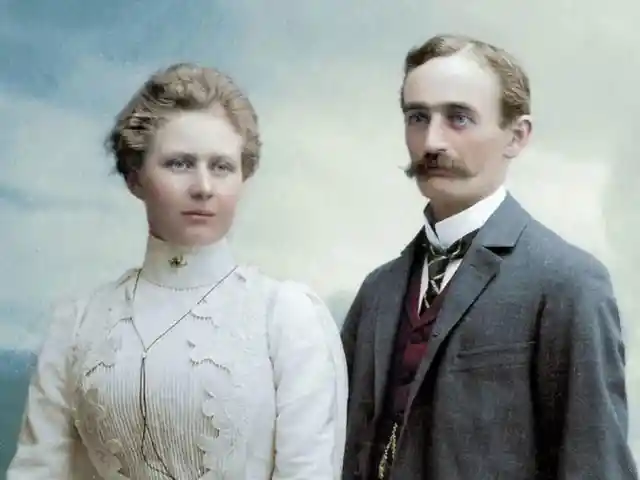
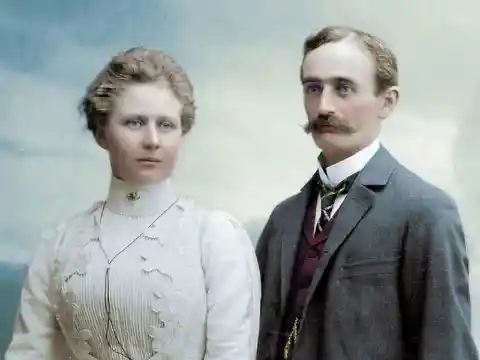
Not doing so was considered extremely unladylike and you were bound to get a few side-eyed glances from other women for defying this strict hair rule.
Women Had to Brush Their Hair With One Hundred Strokes
Back in the 1940s, women were asked to brush their hair with one hundred strokes every night because it was said that this would lead to nice, shiny hair.
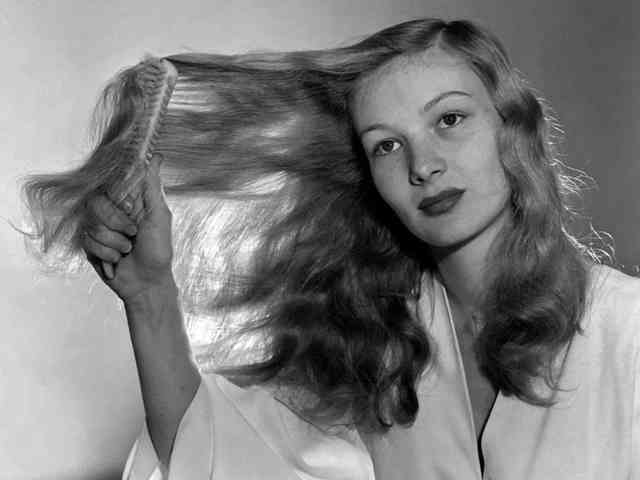
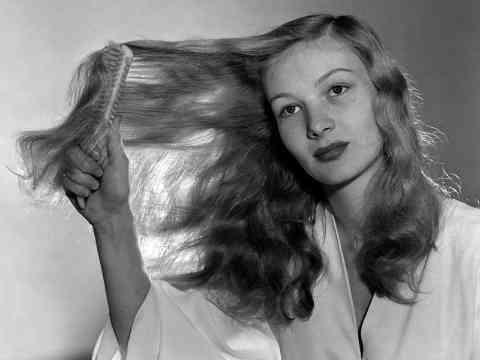
And while this vintage etiquette rule isn’t as hardcore as the others on this list, most women followed it without question.
You Had to Respond to a Date Request Quickly
If someone asked you out in the 1950s, you were expected and required to answer them right away.
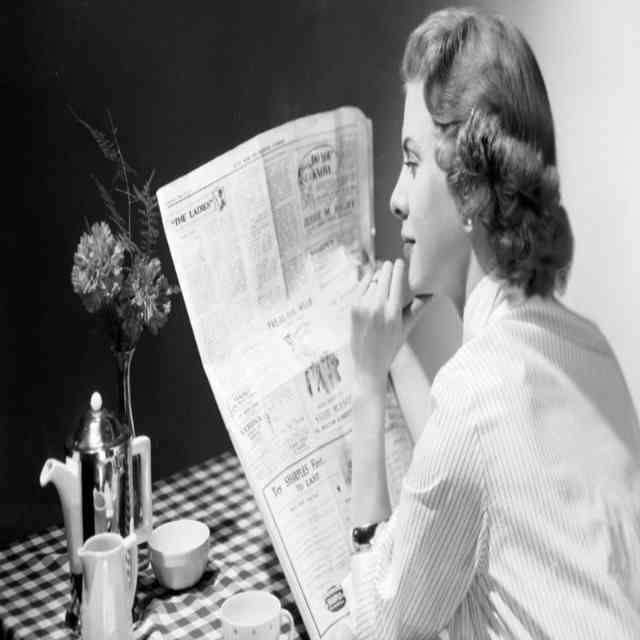
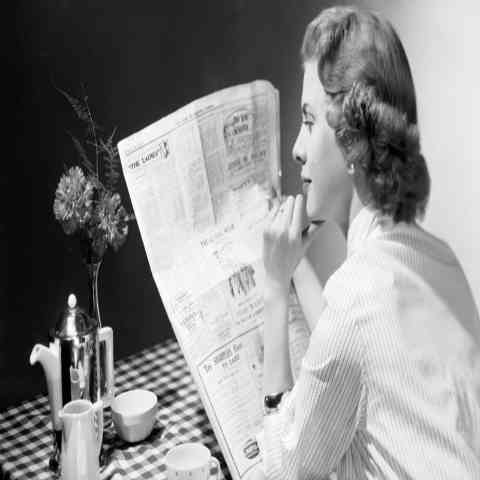
Playing hard to get and not answering on the spot was the equivalent of ghosting someone, which was considered pretty disrespectful.
Wives Could Only Give Presents on One Condition
It sounds nuts, but during the 1890s, women could only give their husbands a gift under one condition:
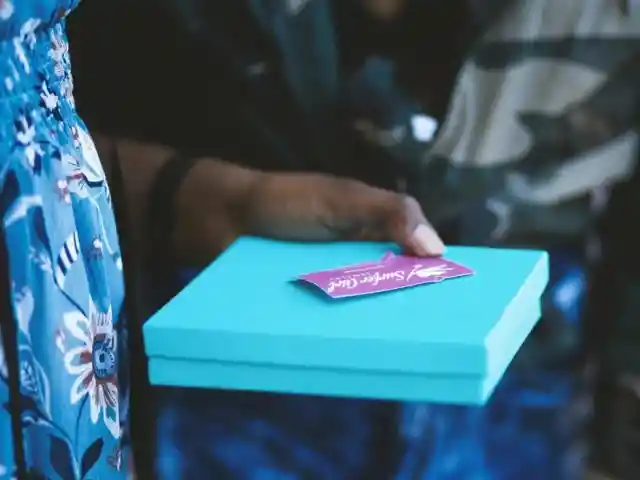

the husband had to give them a gift first. But believe it or not, this wasn’t the only weird gift rule women had to follow.
Gifts Had to Be Cheap
When women presented their husbands with a gift, these tokens of affection had to be very cheap, homemade, or preferably both.


This meant that a fancy watch or a tie would've been too impersonal and completely out of the question.
Direct Questions Were Frowned Upon
1890s etiquette wasn’t just strict on women, but everyone had to adhere to a stiff set of rules. For example, asking direct questions was not considered to be classy at all.
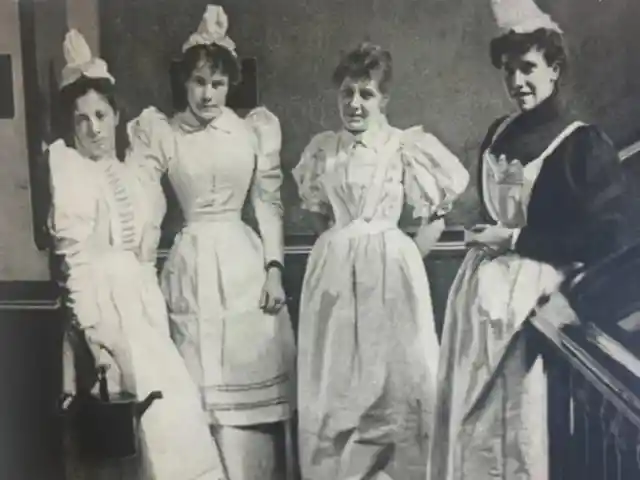
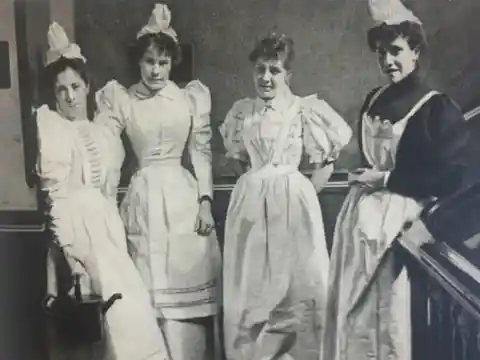
So, if you asked, “How are you?” you were technically being impolite. Instead you should have said, “I hope you’re doing well.”
Parents Couldn’t Play With Babies
In the early 20th century, the idea of playing with your newborn was completely frowned upon. In fact, in 1910, the prevalent philosophy was that parents shouldn’t play with their babies until they were about six months old.
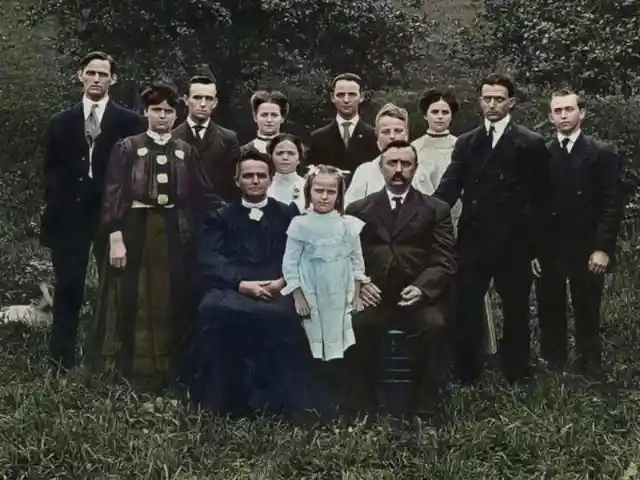
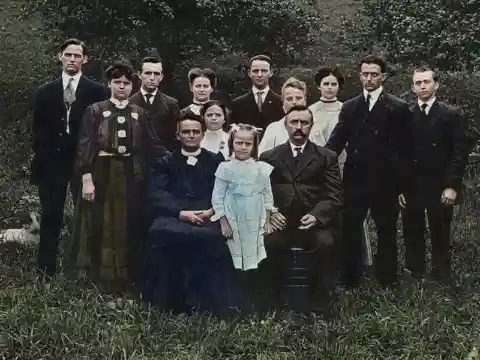
That way, the baby wouldn’t get used to “being spoiled” by their parents. Imagine if that were still the case today!
Impure Thoughts Supposedly Made Kids Sick
In both Victorians times and in the early 20th century, people thought that having impure thoughts was the reason why babies got sick.
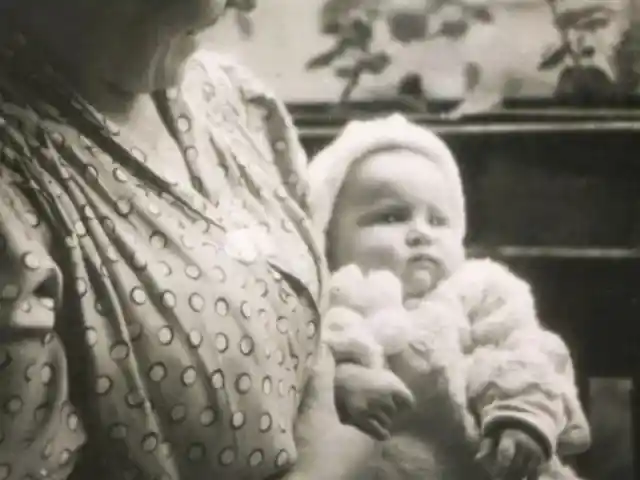
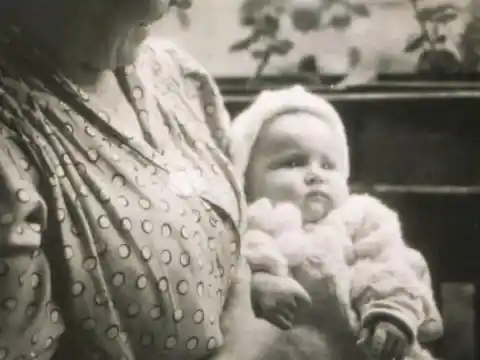
So pregnant women were asked to keep their minds out of the proverbial gutter until the baby was born.
You Needed Tickets to Attend a Wedding
Around 1915, weddings guests were required to have a ticket of admission to be allowed in.
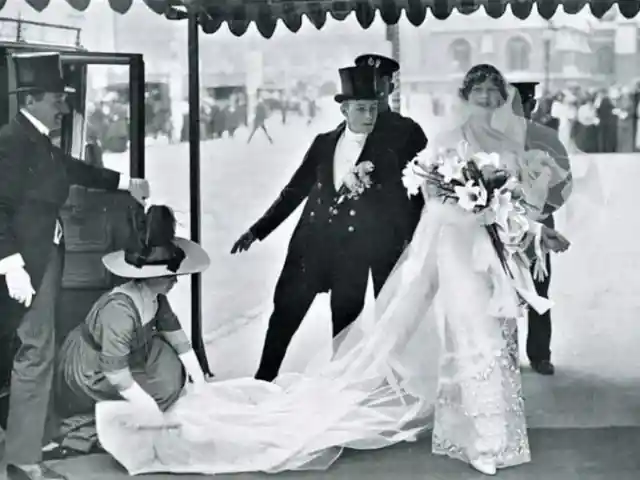
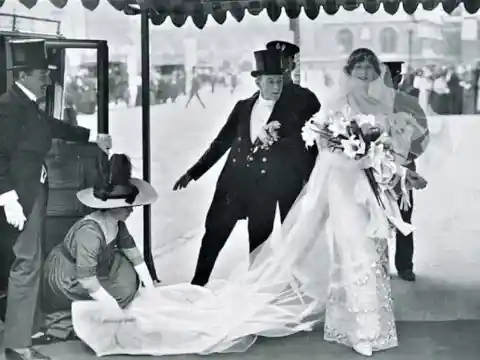
This was particularly common in wedding ceremonies in big cities as opposed to small towns. But this etiquette went away pretty quickly.
Puns Weren’t Considered Very Punny at All
Around 1918, people didn’t consider puns to be funny at all. If anything, they were considered to be quite vulgar.
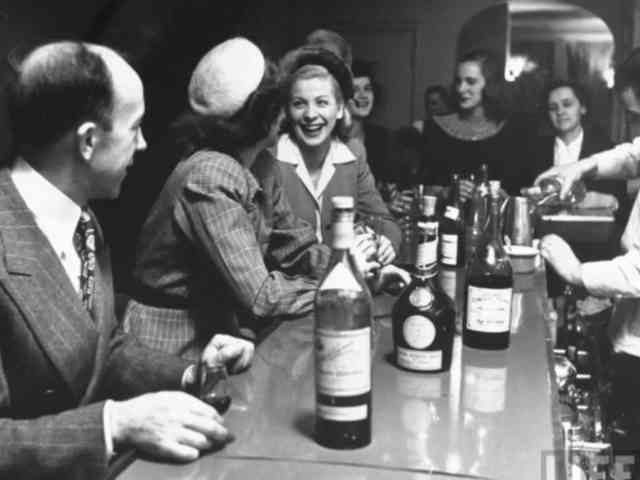
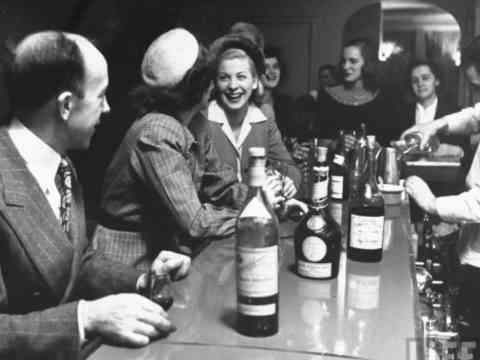
So, if you had a knack for creative wordplay, you had to keep that on the downlow so society wouldn’t shun you.
You Couldn’t Have Lengthy Conversations With Family
In 1918, you were expected to avoid long-winded conversations with other members of your own family.
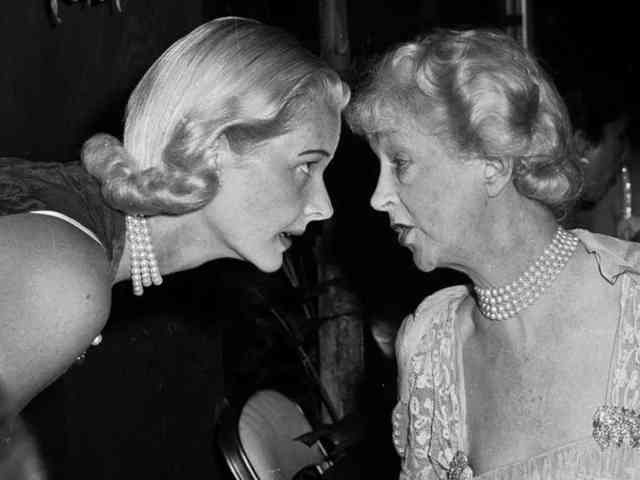
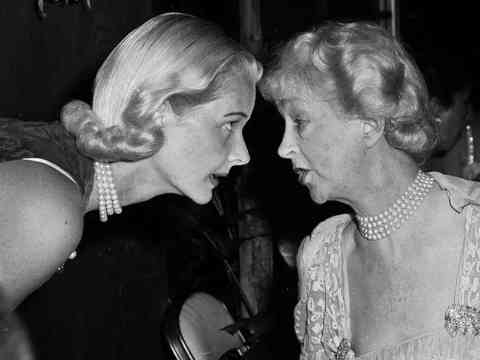
So, if you had a chatty mother back in those days, you had to find a polite way to end the conversation and move on to someone else.
Pregnant Women Weren’t Allowed to Travel
In the 1930s, pregnant women weren’t allowed to travel, which meant that they couldn’t ride a train or a bus.
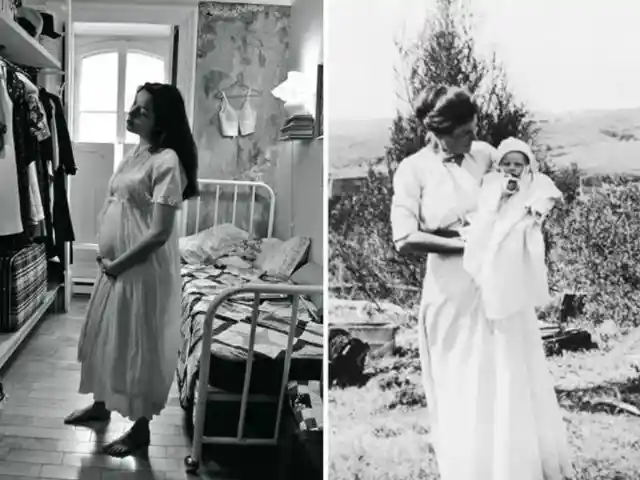
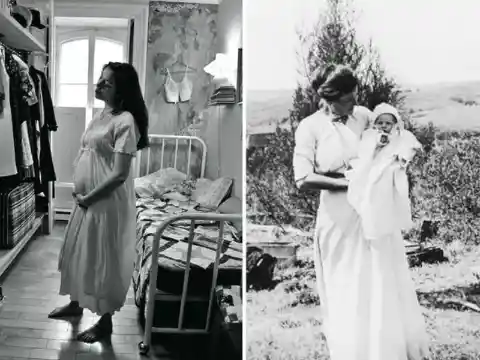
In fact, they couldn’t even ride in the back seat of their husband’s car, which is a huge contrast to today, where women can drive themselves anywhere, whether they're pregnant or not.
Women Could Only Have One Glass of Champagne
During the 1880s, women couldn’t exactly drink as much as they wanted during a dinner party.
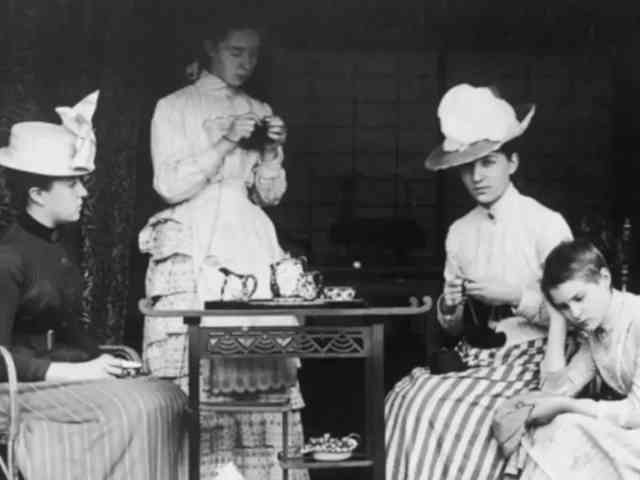
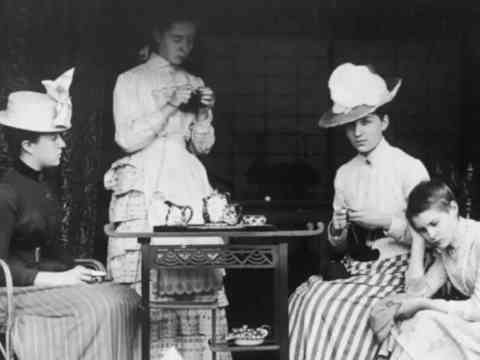
The rule at the time was that they were only allowed one glass of champagne during social events. But the next century was almost as bad.
Women Who Drank Weren’t Considered 'Wife Material'
During the 1940s, Vogue’s Book of Etiquette wrote, “She can certainly hold her liquor is not a compliment.”
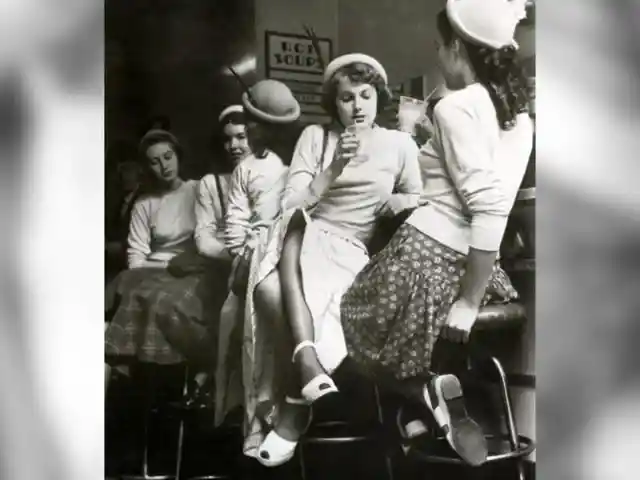
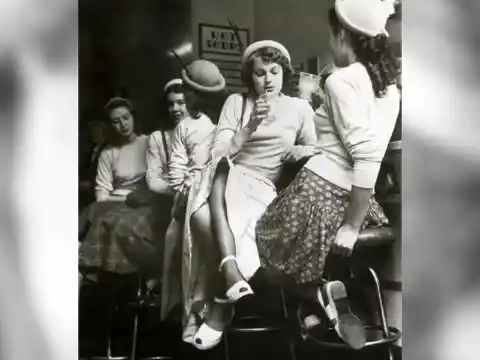
So, women weren’t considered prime wife material if they were caught drinking, which is about as unfair as being limited to one glass of champagne.
You Had to Pass the Salt and Pepper Together
Another strange quirk from the 1940s was that during family dinner, if someone asked to pass the salt, you had to pass the salt and pepper together.
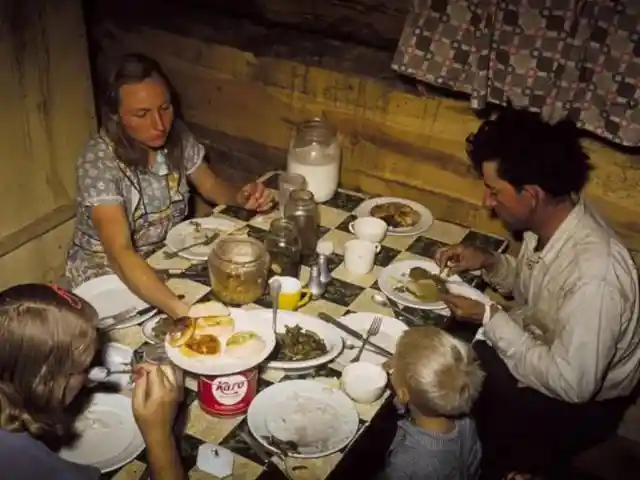
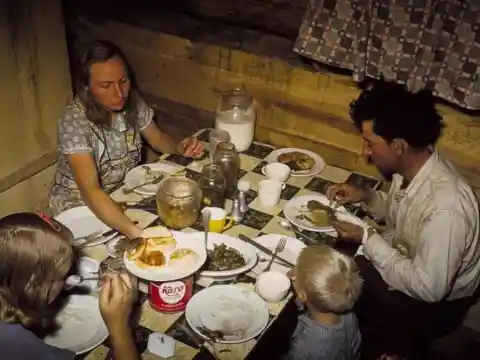
Simply passing one or the other was considered a huge faux pas.
You Had to Smile While on the Phone
In the 1940s, the concept of talking on the phone was still new, so most people didn’t really understand that it didn’t matter what you looked like on the other end of the line.


But you still had to smile while you talked on the phone as it was considered gracious.
Asparagus Had to Be Cut a Certain Way
By the time the 1950s rolled around, people came up with some unusual etiquette rules for eating asparagus.


Apparently, you had to cut it in half to avoid the appearance of the asparagus looking bent or limp as it went into your mouth.
Cutting Salads Was Also a '50s Thing
Another strict dining etiquette from the 1950s was that you had to cut your salad with your fork before eating it.
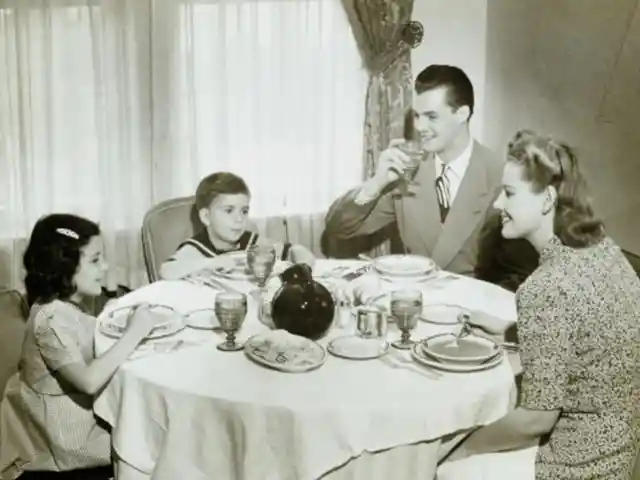
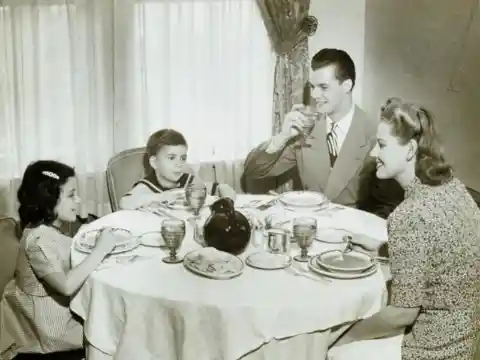
And if you had trouble doing so with your fork then you could always use a knife.
Men Had to Escort Women on Their Left
During medieval times, men carried their swords in their free right hand, which left their left side free to hold more important things, like the arm of a lovely woman.
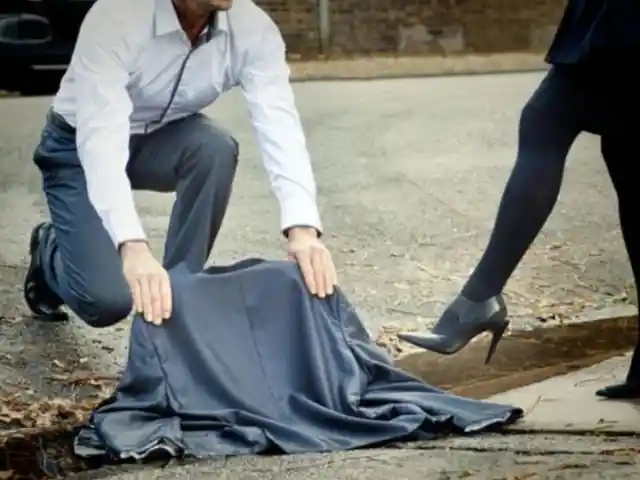
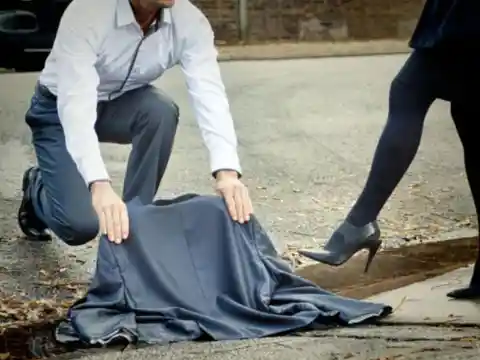
This tradition carried over to the 1950s, when it was considered chivalrous to have men escort women on their left.
Guys Had to Make the First Move
These days it’s pretty common for a woman to ask a guy out. But in the 1950s, only a guy was allowed to ask a woman out on a date.
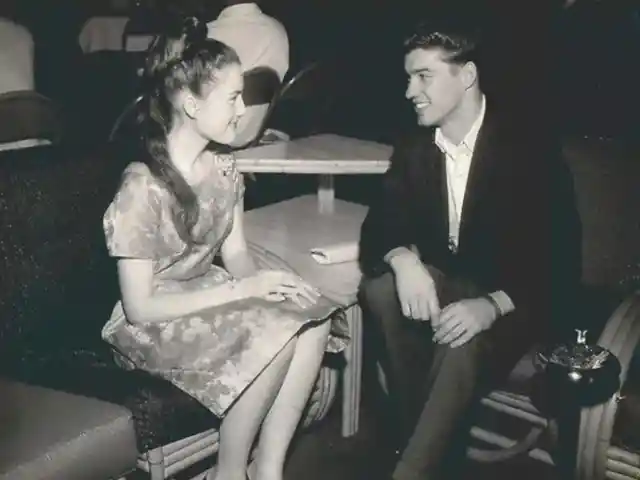
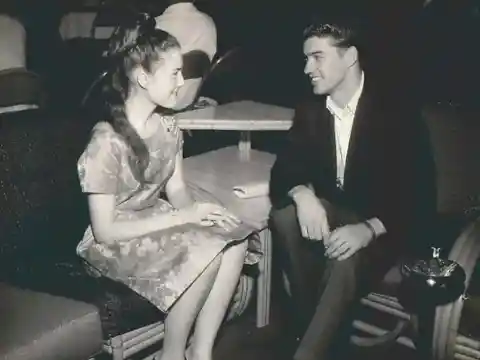
If a woman asked the guy first, she was considered loose and indecent.
Smoking Was the Norm in the '60s
Everyone lit up a cigarette in the 1960s. As a matter of fact, if a woman lit one up, a man was supposed to start smoking too.
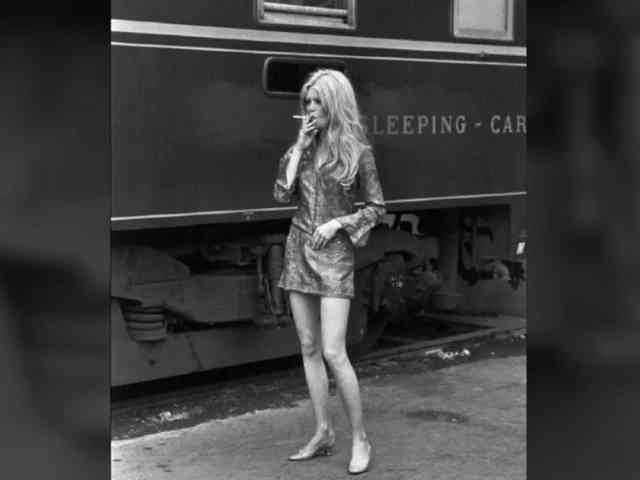

Also, men were expected to carry cigarettes with them wherever they went.